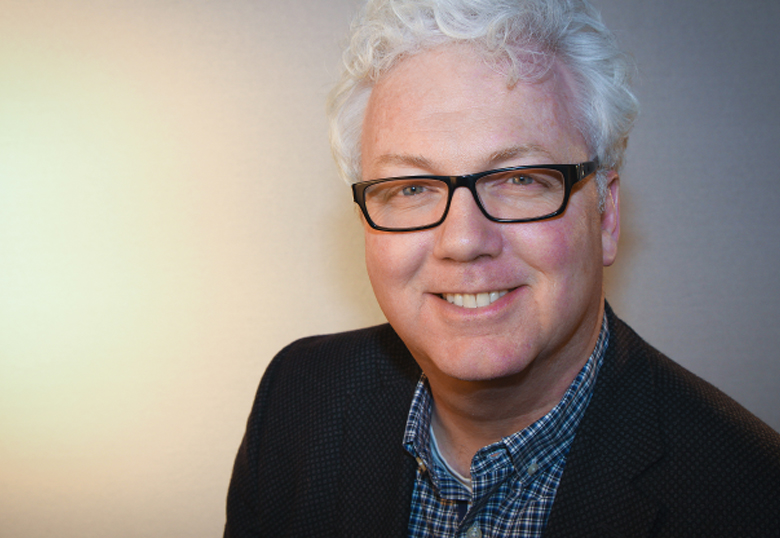One might assume the travel restrictions imposed as a result of the COVID pandemic would have open science researchers ready at the bat.
While open access to science aims to make scientific research and data easily available to the broader public, it turns out the digital environment may have a few gaps. Dr. Dan O’Donnell, an English professor with expertise in digital humanities, wanted to take a closer look at how science training was faring in the pandemic and he’ll explore the topic thanks to a $50,000 US grant from the Alfred P. Sloan Foundation.

“Ultimately, the project is to look at how all the different open science training organizations have been adapting to the shutdowns due to COVID-19, what resources they’ve used to adapt and to what degree what they’re doing might be better or pointing to improvements,” says O’Donnell, the principal investigator.
One such science training organization is Force 11, of which O’Donnell is past president. As a scholarly society, it focuses on how technology can be used to improve open access, partially through its summer school on scholarly communication at the University of California — Los Angeles. About 20 other groups are also participating in the project, including The Carpentries, which teaches coding and data science skills to researchers, and OpenCon, a platform for students and early career academic professionals to advance open access across disciplines.
“All of these organizations are groups that train people in open science,” says O’Donnell. “One of the really interesting things about the way we’re trained to be researchers is that it’s the only thing we’re trained in where we are not trained by an expert; we’re trained by watching someone else, usually our professors.”
Given rapid technological developments, open science research and training and data management can outpace the kind of training students are getting. Open science training organizations aim to fill the need.
The project, expected to take eight months to a year, is in its beginning stages but O’Donnell has some anecdotal evidence based on the fact the Force 11 summer school was forced to go completely online this past summer. The summer school provides space for people who have developed new tools, methods or approaches to teach their material to students.
“Our sense at the Force 11 summer institute is that we’ve discovered what we should have been doing,” he says. “While in-person was great, people really loved it, they felt they made good contacts and the networking was fantastic, the cost barrier was quite high. We certainly doubled our attendees by going online.”
The digital format worked better for teaching purposes, but not all facets of the summer institute could be carried out in an open fashion. The group couldn’t find an open registration system and ended up cobbling together an alternative. The conference has focused on enabling participation from low- and mid-income economies but using Zoom meant the group had to follow American software licensing rules and that prevented students in some countries, such as Iran, from participating.
“You should be able to conduct open science iteratively as open science, even train open science using open materials,” O’Donnell says. “Discovering that that’s not possible is actually going to be an important result.”
